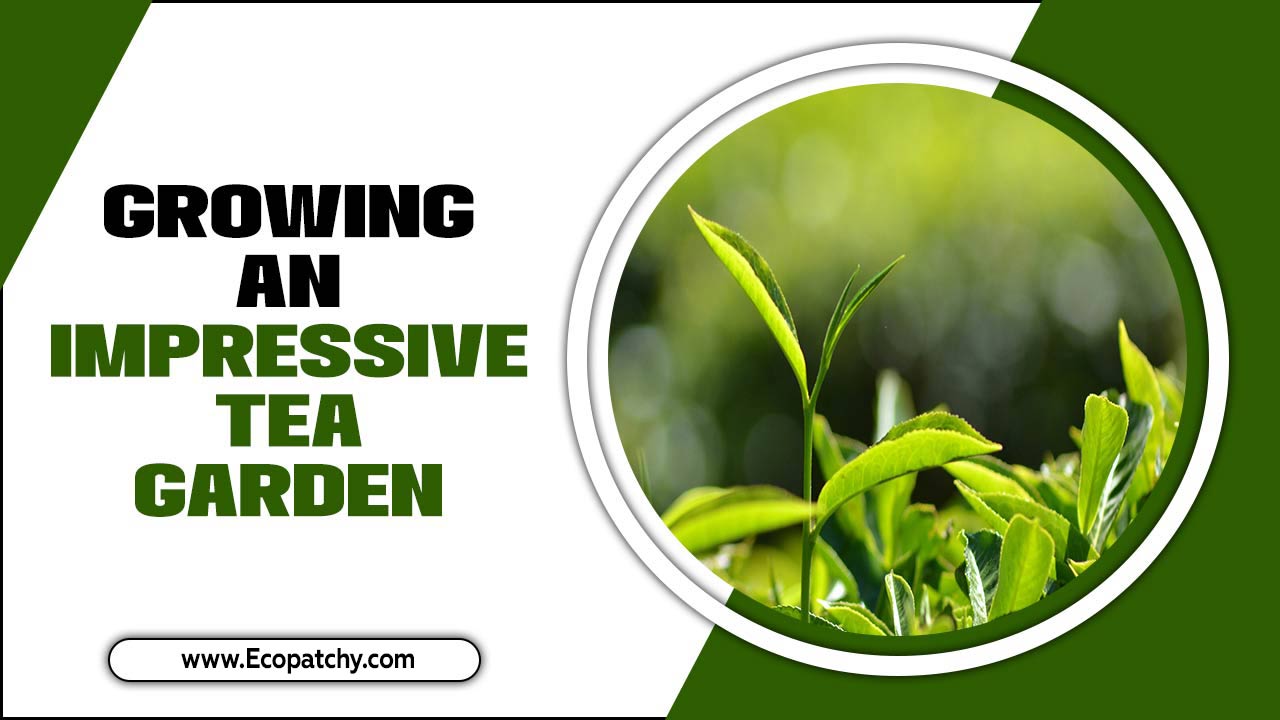Have you ever wondered what makes a garden truly thrive? Many people have a secret ally hidden in the soil: worms! These tiny creatures play a big role in keeping gardens healthy. Do you know how they help plants grow? It’s pretty amazing!
Worms, especially earthworms, are nature’s little recyclers. They munch on dead plants and leaves, turning them into rich compost. This compost feeds plants and makes soil better. Sounds neat, right?
Imagine digging in your garden and finding worms hard at work. You might think they’re just slimy pests, but they are little heroes for your garden. They improve soil structure and help keep it moist. Plus, they make it easier for roots to grow.
So, are worms good for gardens? The answer is a big yes! They help create a thriving environment for your plants. Let’s dig deeper into the world of these garden friends and see how they can make your garden blossom.
Are Worms Good For Gardens? Discover Their Benefits Today! Worms Have Long Been Regarded As A Gardener’S Best Friend, And For Good Reason. These Fascinating Creatures Play A Crucial Role In Maintaining Soil Health And Promoting Plant Growth. In This Article, We’Ll Explore The Many Benefits Of Incorporating Worms Into Your Garden And Answer The Question: Are Worms Good For Gardens? The Role Of Worms In Soil Health Worms, Particularly Earthworms, Dig Through The Soil And Create Tunnels. This Natural Aeration Process Allows Air, Water, And Nutrients To Penetrate Deeper Into The Ground, Making Them More Accessible To Plant Roots. Additionally, The Movement Of Worms Through The Soil Helps Reduce Soil Compaction, Which Can Be Detrimental To Plant Growth. Nutrient-Rich Castings One Of The Most Significant Benefits Of Having Worms In Your Garden Is Their Ability To Produce Nutrient-Rich Castings. Worm Castings Are A Natural Fertilizer, Containing A Blend Of Essential Nutrients Like Nitrogen, Phosphorus, And Potassium. Unlike Chemical Fertilizers, Worm Castings Slowly Release Nutrients, Providing A Sustainable Source Of Nourishment For Plants Over Time. Enhancing Microbial Activity Worms Also Foster A Thriving Ecosystem Within The Soil. They Help Break Down Organic Matter, Such As Dead Leaves And Plant Debris, Which Increases Microbial Activity. This Process Enhances Soil Biodiversity And Facilitates Nutrient Cycling, Leading To Healthier Plants And Better Yields. Improved Soil Structure By Creating Tunnels As They Move Through The Soil, Worms Contribute To Improved Soil Structure. Their Burrowing Actions Help Create A Crumbly Texture That Allows For Better Drainage And Root Penetration. This Structure Is Vital For Preventing Erosion And Supporting Water Retention In The Garden. Pest Control And Disease Resistance Interestingly, Worms Can Also Play A Role In Pest Control. Their Castings Can Promote Healthy Microbial Populations That Suppress Harmful Pathogens In The Soil. Healthier Plants Are Typically More Resilient To Pests And Diseases, Making Worms An Ally In Organic Gardening Practices. Easy To Attract Worms To Your Garden If You’Re Wondering How To Attract Worms To Your Garden, It’S Simple! Start By Adding Organic Matter Like Compost, Leaf Litter, Or Well-Rotted Manure. Keeping The Soil Moist And Avoiding Chemical Pesticides Will Also Encourage Worms To Thrive In Your Garden Ecosystem. Conclusion So, Are Worms Good For Gardens? Absolutely! They Offer A Multitude Of Benefits, From Enhancing Soil Health And Structure To Providing Natural Fertilization And Pest Resistance. By Incorporating Worms Into Your Gardening Practices, You Can Cultivate A More Vibrant And Productive Garden Environment. Embracing These Remarkable Creatures Can Lead To Healthier Plants And Bountiful Harvests, Making Them An Indispensable Part Of Any Successful Garden.
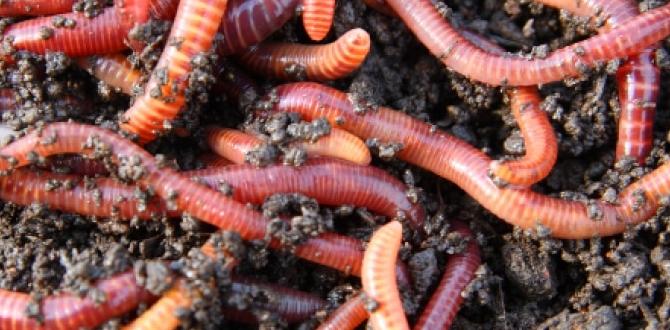
Are Worms Good for Gardens?
Worms are amazing helpers for gardens! They munch on organic waste, turning it into rich compost. This natural fertilizer boosts soil health and plant growth. Did you know that worms can tunnel deep into the ground? This aerates the soil, making it easier for roots to breathe. Plus, their presence leads to fewer pests. Imagine having a thriving garden with happy plants, all thanks to these little creatures! Will you invite worms to your garden?Benefits of Worms in Gardening
Enhancing soil fertility through nutrient cycling. Improving soil structure and aeration.
Worms play a big role in making your garden healthy. They help enhance soil fertility by breaking down dead plants and leaving behind nutrients that plants can use. This process is called nutrient cycling. Worms also improve soil structure and aeration. Their tunnels allow air and water to reach plant roots better, which helps them grow strong.
- Worms turn waste into rich compost.
- Better airflow helps plants breathe.
- Healthy soil means happy plants.
How do worms help garden soil?
Worms mix nutrients into the soil while they eat and move. Their waste, called castings, is full of goodness for plants. This makes the soil fertile and easier for roots to grow.
Types of Worms for Gardening
Earthworms: Characteristics and benefits. Composting worms: Red wigglers and their role.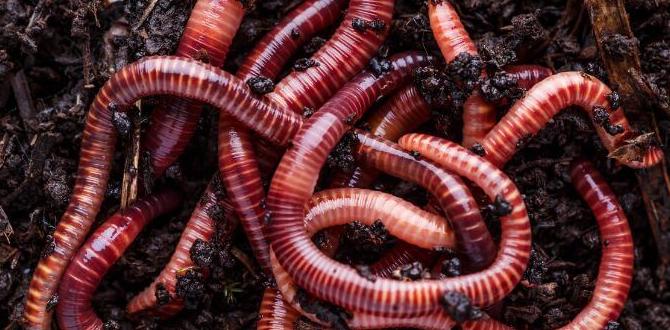
Worms come in many types, and they each have their special talents! Earthworms are like nature’s little builders. They twist and turn through the soil, making it rich and full of nutrients. This process helps plants grow strong and healthy. Then, there are composting worms, like the famous red wigglers. These little guys love munching on kitchen scraps. They turn leftovers into magic compost for gardens. It’s like a worm party down there!
| Type of Worm | Characteristics | Benefits |
|---|---|---|
| Earthworms | Long and slimy, loves to burrow | Improves soil, helps plants |
| Red Wigglers | Small, wiggly, and speedy | Makes compost, reduces waste |
How Worms Contribute to Soil Health
Decomposition of organic matter. Promotion of beneficial microorganisms.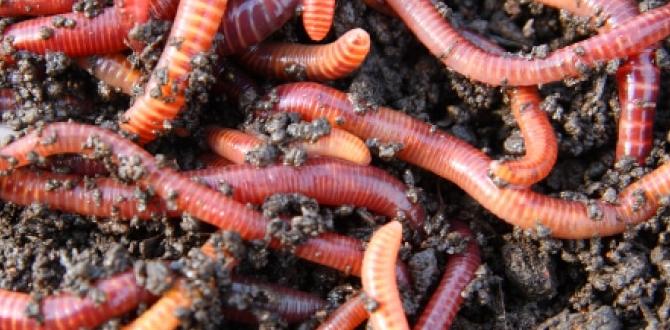
Worms play a big role in making soil healthy. They help break down old plants and leaves, a process called decomposition. This creates rich compost. Compost has nutrients that plants need to grow strong. Worms also boost helpful tiny creatures in the soil. These microorganisms work together to keep the soil alive. Here’s how worms help:
- Decomposition: Worms turn organic matter into compost.
- Beneficial microorganisms: They support tiny helpers that improve soil health.
How do worms help in gardens?
Worms improve gardens by enriching the soil. They make it better for plants to thrive and help them grow bigger and healthier.
Ways to Attract Worms to Your Garden
Creating a wormfriendly environment. Utilizing organic compost and mulching techniques.Worms love cozy homes, so make your garden welcoming! You can do this by using organic compost. Worms munch on this yummy mix and create great soil. Mulching is another fun way to pamper them. Spread a layer of leaves or straw over your garden. It keeps the soil moist and cool, just how worms like it. Think of worms as tiny garden superheroes, diving in to help your plants grow strong!
| Attraction Tips | Key Benefits |
|---|---|
| Use organic compost | Nourishes soil and feeds worms |
| Mulch with leaves or straw | Keeps soil moist and cool |
Worm Composting Techniques
Setting up a worm bin for indoor and outdoor use. Maintenance and care of worm compost systems.
Worm composting is a fun and easy way to help your garden grow. To start, you can set up a worm bin indoors or outdoors. Use a container that is dark and damp. Make sure it has holes for air. Feed the worms kitchen scraps like fruits and vegetables. They love it!
Maintaining your worm bin is simple.
- Check moisture levels regularly.
- Keep the bin away from sunlight.
- Harvest the compost every few months.
With these tips, your worms will thrive and help create rich compost for your plants.
Why are worms important for gardens?
Worms help break down organic matter, leading to healthier soil. They improve soil structure and increase nutrient levels, making your garden flourish!
Potential Drawbacks of Worms in Gardens
Overpopulation and its effects on soil health. Complications with certain plant types.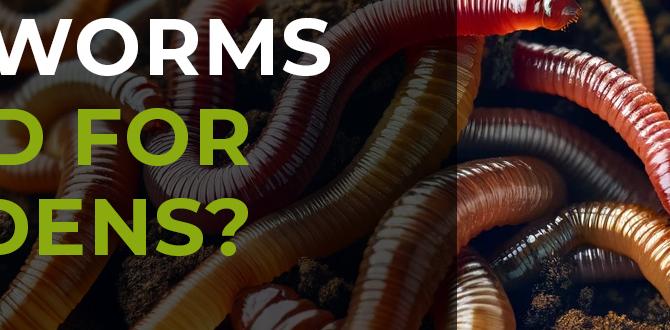
Imagine your garden full of worms, wiggling around like they own the place. But wait! Too many worms can actually cause problems. If worms multiply too much, they might damage soil health by eating too much organic material. Also, some plants, like tomatoes, can be a bit fussy. They might not like the extra company and could struggle to grow. So, while worms are great, a worm party can sometimes get out of hand!
| Potential Drawbacks | Effects |
|---|---|
| Overpopulation | Harming soil health |
| Complications with certain plants | Poor growth for picky plants |
Practical Tips for Utilizing Worms in Your Garden
Best practices for integrating worms into your garden routine. Signs of healthy soil and worm activity.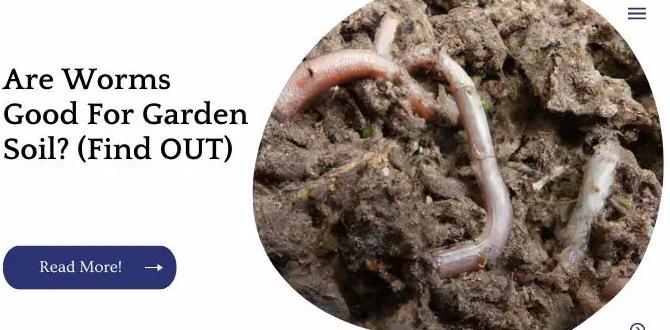
Using worms in your garden can be fun and super helpful! Start by adding them to your compost bin; they thrive on kitchen scraps. Check your soil often for signs of the little wigglers. If you see healthy, dark soil and lots of those slimy friends, you’re on the right track! Remember, a garden with happy worms is like a party for plants.
| Signs of Healthy Soil | Worm Activity |
|---|---|
| Dark color | Visible worms |
| Moist texture | Worm castings present |
Keep your garden light and airy, too! Worms love a cozy spot but not too crowded. Think of it like giving them their own backyard BBQ!
Conclusion
In conclusion, worms are excellent for gardens! They improve soil health and help plants grow stronger. Worms break down organic matter, making nutrients more available. You can add them to your garden easily. Consider starting a worm bin at home. For more tips, check out gardening books or websites. Let’s make our gardens better with worms!FAQs
How Do Worms Improve Soil Health In Gardens?Worms are great for our garden soil! They dig little tunnels that help air and water move through the dirt. As they eat dead plants and leaves, they create worm poop, which is full of nutrients. This helps our plants grow strong and healthy. Plus, worms keep the soil from getting too hard.
What Types Of Worms Are Most Beneficial For Garden Ecosystems?The best worms for gardens are earthworms and red wigglers. Earthworms help by breaking down dead leaves and organic matter. They make the soil richer and help plants grow. Red wigglers are great for composting food scraps. Both types of worms keep the soil healthy and full of life.
How Can I Introduce Worms Into My Garden Effectively?You can introduce worms to your garden by adding compost. First, make a pile of kitchen scraps like fruit peels and veggie ends. Then, sprinkle in some garden soil to help the worms feel at home. Next, gently mix in some earthworms from a local store or your yard. Finally, keep the soil damp so the worms have a happy place to live!
What Are The Signs That Worms Are Thriving In My Garden Soil?If worms are thriving in your garden soil, you will see some signs. First, the soil will be dark and crumbly. You might also notice tiny worm holes in the ground, which means they are moving around. Another sign is the presence of worm castings, which look like small, dark pellets. Lastly, if you dig a bit, you might find worms wiggling happily in the soil!
Can Worms Help With Composting Kitchen Scraps In The Garden, And How?Yes, worms can help with composting kitchen scraps in the garden! They eat the scraps and turn them into rich soil. This soil is called compost. Worms break down the leftovers faster, which helps your plants grow healthy. You can add food scraps like vegetable peels and fruit bits for the worms to munch on!

